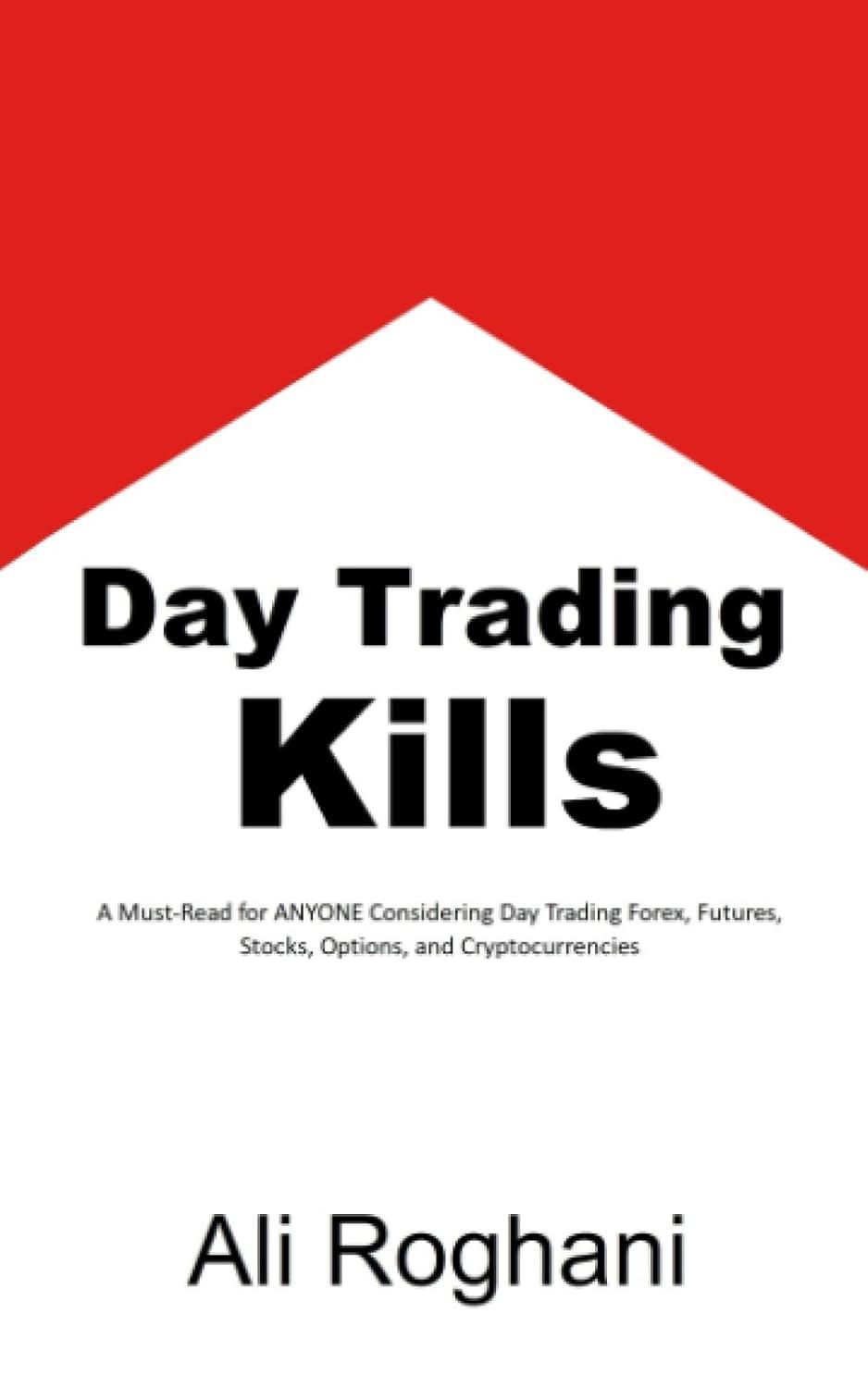In the fast-paced world of trading, making quick decisions is often necessary. However, impulsive decision-making can lead to significant financial losses and emotional stress. Impulsive actions are typically driven by emotions such as fear, greed, and excitement rather than careful analysis and rational thought. This article delves into the perils of impulsive decision-making in trading and offers strategies to help traders maintain discipline and make informed decisions.
1. Emotional Trading
One of the primary causes of impulsive decision-making is emotional trading. Emotions such as fear of missing out (FOMO), panic, and euphoria can cloud judgment and lead to rash decisions. Traders may enter or exit trades based on gut feelings or reactions to market movements rather than a well-thought-out strategy.
Example: A trader sees a stock rapidly increasing in price and, fearing they will miss out on potential gains, buys the stock without conducting proper analysis. The stock then reverses direction, leading to a significant loss.
Solution: Develop a trading plan with specific entry and exit criteria based on technical or fundamental analysis. Stick to this plan regardless of emotional impulses. Regularly review your plan and adjust it as needed based on market conditions and performance.
2. Overtrading
Overtrading is a common consequence of impulsive decision-making. Traders may place too many trades in a short period, often driven by the desire to make quick profits or recover from losses. This behavior can lead to high transaction costs, increased risk exposure, and ultimately, substantial losses.
Example: After a losing trade, a trader immediately enters another trade to recoup losses without analyzing the market conditions. This can lead to a cycle of impulsive trades and mounting losses.
Solution: Set daily or weekly trading limits to prevent overtrading. Focus on high-probability trading opportunities rather than the quantity of trades. Implementing strict risk management rules can help control the urge to overtrade.
3. Chasing Losses
Impulsive decision-making often leads traders to chase losses, a behavior where they try to recover previous losses by making increasingly risky trades. This can create a downward spiral of mounting losses and increased emotional stress.
Example: A trader who has just lost a significant amount might double down on a new position, hoping to quickly recover the loss. If the new trade also goes against them, the losses are compounded.
Solution: Accept that losses are part of trading. Instead of chasing losses, analyze what went wrong and learn from it. Maintain a risk management strategy that includes setting maximum loss limits for each trade and for your overall portfolio.
4. Ignoring Risk Management
Impulsive decisions often lead to the neglect of risk management practices. Traders may fail to set stop-loss orders, use excessive leverage, or risk too much capital on a single trade, exposing themselves to significant financial danger.
Example: A trader enters a highly leveraged position without setting a stop-loss order. A sudden adverse market movement results in a margin call, forcing the trader to close the position at a substantial loss.
Solution: Always implement risk management strategies, such as setting stop-loss orders and using appropriate position sizing. Limit the use of leverage and ensure you are not risking more than a small percentage of your trading capital on any single trade.
5. Lack of Patience
Impatience can drive traders to make impulsive decisions. The desire for immediate results may lead them to enter trades without proper analysis or to close positions prematurely, missing out on potential gains.
Example: A trader exits a position too early because the price hasn't moved quickly enough in their favor. Soon after, the price moves significantly, resulting in a missed profit opportunity.
Solution: Cultivate patience and discipline. Understand that successful trading often requires waiting for the right opportunities. Use strategies such as setting profit targets and trailing stops to manage trades effectively and avoid premature exits.
6. Overreaction to Market Noise
The constant influx of market news and data can overwhelm traders, leading to impulsive reactions to short-term market noise rather than long-term trends and fundamentals.
Example: A trader reacts to a minor news report by entering a trade without considering the overall market context or longer-term trends. The market quickly corrects, leading to a loss.
Solution: Focus on reliable sources of information and avoid making decisions based on unverified or minor news events. Develop a clear analysis framework and stick to it, filtering out market noise.
Conclusion
Impulsive decision-making can be a trader's worst enemy, leading to emotional trading, overtrading, chasing losses, ignoring risk management, impatience, and overreaction to market noise. To mitigate these risks, traders should develop and adhere to a well-defined trading plan, implement robust risk management strategies, and cultivate patience and discipline.
By recognizing the dangers of impulsive decision-making and employing strategies to maintain control, traders can improve their chances of long-term success in the financial markets. Remember, trading is not about making quick profits; it is about making informed decisions that lead to sustainable growth and financial stability.



